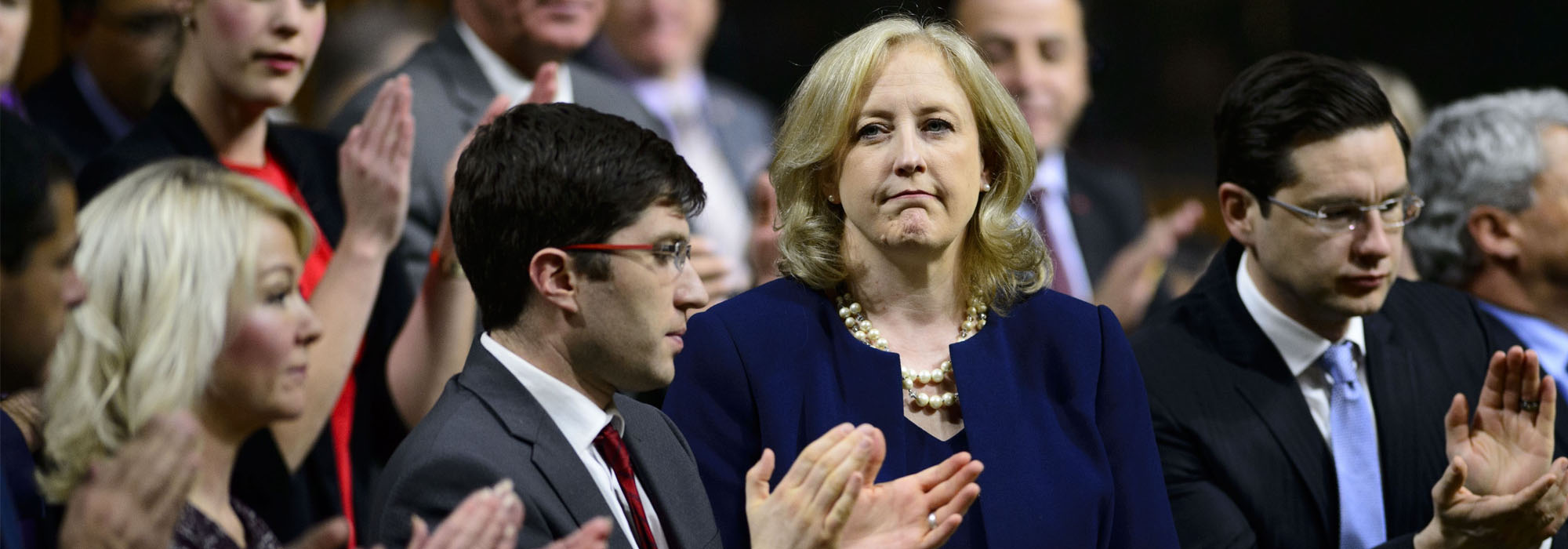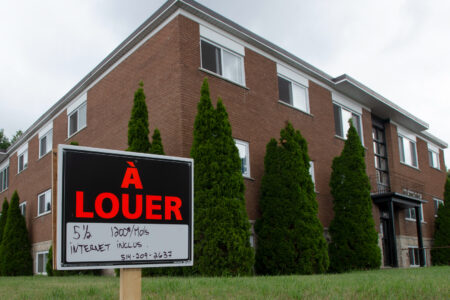
For its 40th anniversary, Policy Options is asking Canadians from different corners of the Canadian political and public policy world to comment on articles that appeared in the magazine in 1980, the first year of publication. The following is a response to a piece written by the Hon. Robert Stanfield, in the June/July edition of that year.
Are we asking too much of our parliamentary government? Back in 1980, the Hon. Robert Stanfield certainly thought so – he argued in Policy Options that Parliament was operating in conditions and performing roles that had not been anticipated at the time. The former federal Progressive Conservative Leader wrote that cabinet ministers did not have enough time to be simultaneously constituency representatives, active politicians, overseers of their departments and intelligent policy-makers.
He also believed that members of Parliament could not effectively supervise the government because of the vast scope of activities the government had undertaken, and he did not know how to restore the House of Commons to its core supervisory role except by cutting back on the role of the government in Ottawa.
“If we want the federal government to run just about everything, we will end up with a bureaucracy running just about everything, with ministers floundering more and more, losing more and more public respect and becoming steadily less in charge,” he wrote.
In those days, Canada’s GDP was $274 billion, the federal budget was $60 billion, the cabinet had 33 members, and there were 282 members of Parliament.
Fast forward to 2019, and Canada’s GDP is $1.73 trillion, the federal budget is $276.8 billion, the cabinet has 37 members and there are 338 members of Parliament.
Over the past 40 years, the role of government has continued to grow, and the roles and responsibilities of cabinet ministers and members of Parliament have not become any easier. Stanfield worried in 1980 that MPs were not performing the roles he viewed as essential to a parliamentary responsible government – controlling government or changing what government puts through Parliament. I imagine he would be even less comforted in 2020.
But one positive area for Stanfield was with the Official Opposition, which he saw as continuing to play the role of an alternative government. He welcomed the new TV cameras in the Commons as amplifying the House’s reputation as a true forum.
“If Parliament cannot control government, it may help voters decide whether they should change the government,” he wrote.
The role of the Official Opposition is my main preoccupation, here at the start of 2020. In our system, the role of Her Majesty’s Opposition is to question the government on its policies and keep it accountable to Canadians. In questioning the government’s policies, the Opposition provides alternative policy solutions and at the same time gives the public a glimpse of what an alternative government could look like.
The results of the recent general election demonstrated that while the Opposition did succeed in showing Canadians the weaknesses in the Liberal government, it was not enough to persuade Canadians to change the government. The Leader of the Official Opposition, Andrew Scheer, announced last month his intention to resign and the Conservative Party of Canada will embark upon a leadership race.
As a Conservative, my desire is that the outcome of this leadership race will result in an Official Opposition that provides a strong alternative to the Liberal Party of Canada. However, I am mindful that in setting up a contest to pick a leader, we cannot afford to ignore policy development. One thing I have learned from the 2019 general election is that while we fulfilled our basic responsibility of opposition in the House of Commons, we did not provide substantive alternative policy options that Canadians considered.
At the beginning of leadership contests, it is normal for us to focus on the leadership candidates. Finding one person who will fit the “role” of Leader of the Official Opposition will elicit much conversation about qualities and qualifications. However, I do believe that the party needs to focus less on the “who is the best alternative to Justin Trudeau” and more on the “what are the alternative policies we need to put forward.” The new Conservative leader will be the face of the Conservative Party but besides having a new spokesperson, Canadians also want to hear solutions to their concerns that might be different from what the Liberal Party offers.
A warmed-up version of the policies the Conservative government relied on between 2006-2015 did not inspire voters. While it may be asserted that a Conservative government is best able to run the economy and deliver the funding for good public services, that is not enough. The Conservative Party needs to meet the challenges that Canadians are facing head on with Conservative alternatives, not just respond in the negative to what the Liberal government proposes.
Conservatives need to pause and focus on the concerns of Canadians. Data protection and privacy, solutions to affordable housing in urban areas, health care that preserves the dignity of the patient, creating economic opportunities for all Canadians, a clearer climate strategy – these are issues that preoccupy Canadians and to which conservative policies can offer solutions.
Finally, I believe that Conservatives need to approach the development of these policies fearlessly and we need to choose a leader who will sell these policies with boldness. Confidence in conservative solutions is essential to providing that vital role of Opposition in our parliamentary democracy. Canadians do not believe that a government should expect Parliament to pass all of its legislation and adopt all of its fiscal programs without opposition. Equally, Canadians believe that this opposition should be rooted in solid alternative policy suggestions and not just a desire to provide good theatre.
Photo: In January 2019, then-Conservative MP Lisa Raitt stands to ask a question during Question Period in the House of Commons in the West Block of Parliament Hill in Ottawa. THE CANADIAN PRESS/Sean Kilpatrick
Do you have something to say about the article you just read? Be part of the Policy Options discussion, and send in your own submission. Here is a link on how to do it. | Souhaitez-vous réagir à cet article ? Joignez-vous aux débats d’Options politiques et soumettez-nous votre texte en suivant ces directives.








